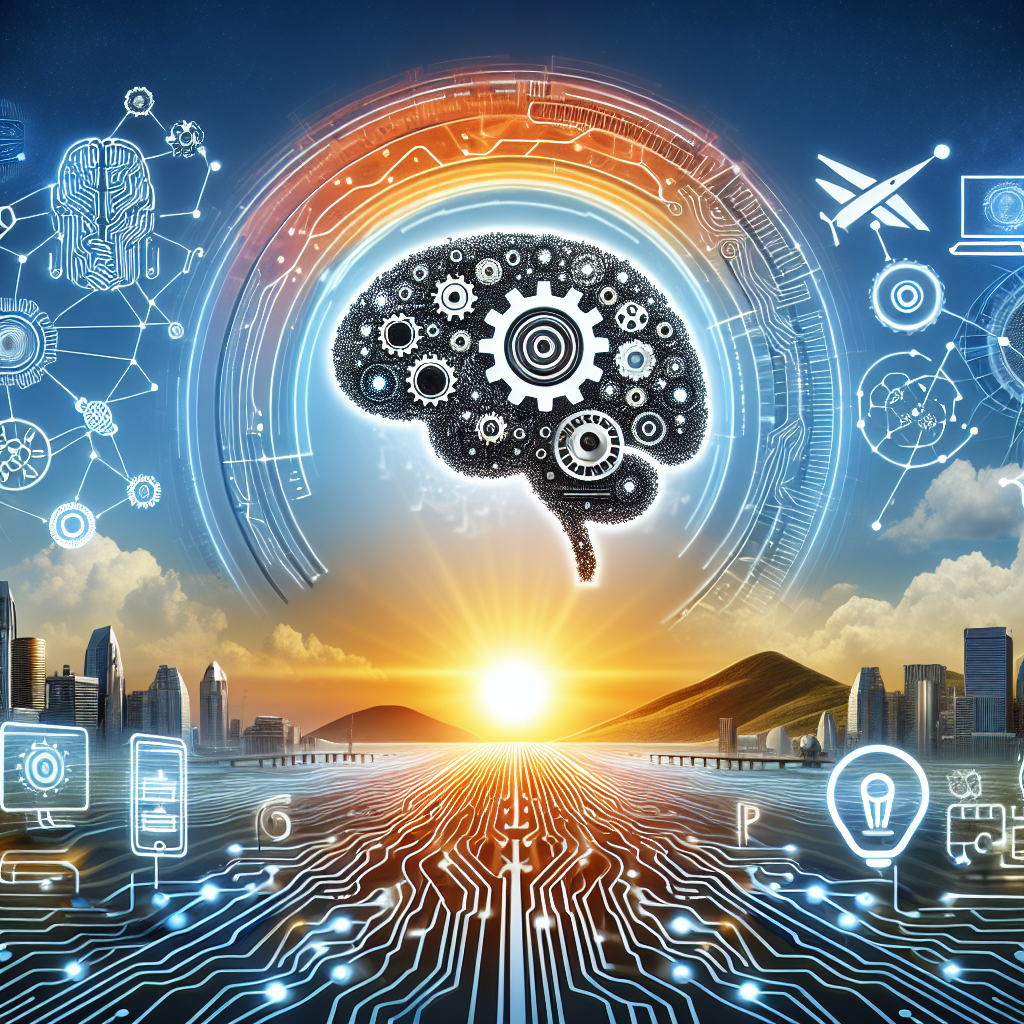AGI: The Next Frontier in Technology Evolution
Artificial General Intelligence (AGI) is a term that refers to the development of machines that possess the ability to understand, learn, and apply knowledge in a way that is indistinguishable from human intelligence. While artificial intelligence (AI) has made significant advancements in recent years, AGI represents a new stage in the evolution of technology that has the potential to revolutionize industries, improve the quality of life for individuals, and reshape the way we think about intelligence.
AGI has been a long-standing goal in the field of artificial intelligence, with researchers and scientists working tirelessly to create machines that can replicate human cognitive abilities. While AI systems have been successful in performing specific tasks, such as recognizing speech or playing games, they lack the ability to generalize their knowledge and apply it to new situations in the way that humans can.
The development of AGI has the potential to transform a wide range of industries, including healthcare, finance, transportation, and entertainment. For example, AGI could be used to develop more accurate diagnostic tools for medical conditions, create more efficient trading algorithms for financial markets, or improve the safety and efficiency of autonomous vehicles.
In addition to its practical applications, AGI also raises important ethical and philosophical questions. For example, how do we ensure that AGI systems are used in a responsible and ethical manner? How do we prevent AGI systems from being used for malicious purposes or causing harm to individuals? These are complex issues that will need to be addressed as AGI technology continues to advance.
Despite the challenges and uncertainties surrounding AGI, many experts believe that it represents the next frontier in technology evolution. As machines become increasingly capable of performing complex cognitive tasks, the possibilities for innovation and progress are virtually limitless. From improving healthcare outcomes to enhancing educational opportunities, AGI has the potential to revolutionize the way we live, work, and interact with the world around us.
FAQs
Q: What is the difference between AGI and AI?
A: While AI refers to machines that can perform specific tasks or solve specific problems, AGI represents machines that possess the ability to understand, learn, and apply knowledge in a way that is indistinguishable from human intelligence.
Q: How close are we to achieving AGI?
A: While significant progress has been made in the field of AI, achieving AGI remains a challenging and complex goal. It is difficult to predict exactly when AGI will be achieved, but many experts believe that it could happen within the next few decades.
Q: What are the potential applications of AGI?
A: AGI has the potential to revolutionize a wide range of industries, including healthcare, finance, transportation, and entertainment. For example, AGI could be used to develop more accurate diagnostic tools for medical conditions, create more efficient trading algorithms for financial markets, or improve the safety and efficiency of autonomous vehicles.
Q: What are some of the ethical considerations surrounding AGI?
A: There are a number of ethical considerations surrounding AGI, including issues related to privacy, security, and bias. It will be important for policymakers, researchers, and industry leaders to work together to ensure that AGI systems are developed and used in a responsible and ethical manner.
In conclusion, AGI represents a new frontier in technology evolution that has the potential to revolutionize industries, improve quality of life, and reshape the way we think about intelligence. While there are many challenges and uncertainties that lie ahead, the possibilities for innovation and progress are virtually limitless. As researchers and scientists continue to push the boundaries of what is possible, the future of AGI looks brighter than ever.

